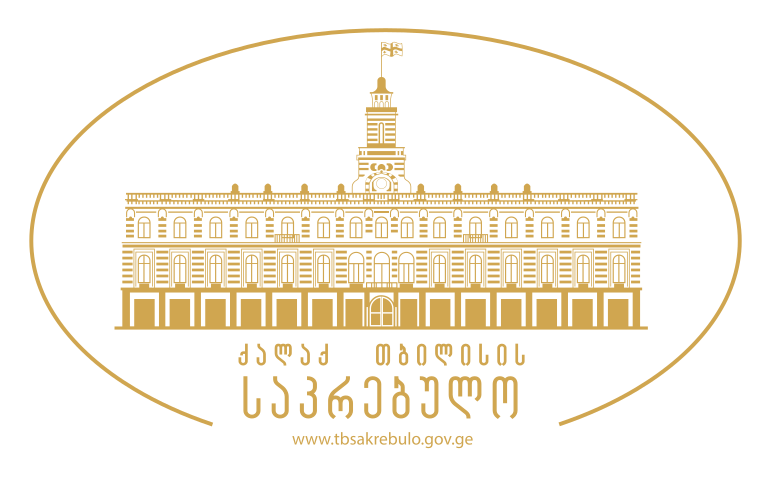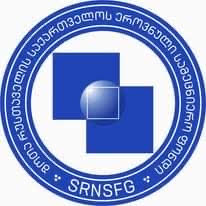029- Translation and Reparation
Organized by: ICLA Committee on Translation Studies. Prof. Isabel Gomez
English
The ICLA Committee on Translation Studies invites papers exploring the relationship between translation and reparation in the context of multiple, overlapping global crises. Given that translation often serves structures of power and harm, including colonization and cultural erasure, how might translation also participate in forms of repair? In Black and Blur, critic and poet Fred Moten asks: “What if we could detach repair not only from restoration but also from the very idea of the original — not so that repair comes first but that it comes before. Then making and repair are inseparable, devoted to one another, suspended between and beside themselves.” Following Emily Apter’s question “what is a just translation?” we ask: what role could translation, conceived broadly, play in repairing racial injustice, social inequality, climate change, illness, and other challenges to our planet? Papers might draw from literary, theoretical, or interdisciplinary approaches to address themes including:
- race, identity, and belonging in translation;
- reparations in majoritarian and minoritarian languages; monolects and dialects;
- ecocriticism and ecological repair;
- translation and the law; decriminalization, linguistic human rights, translational justice;
- feminist, queer/cuir, intersectional translation praxis;
- translational medicine and mental health in the interpretation field;
- translation in the anthropocene; interspecies, machine, AI translation;
- communities and solidarity in multilingual spaces;
- memorialization, public memory, truth and reconciliation as translation projects;
- precarity, austerity, and divestment from neoliberalism in translation;
- translation as self-fashioning or healing.
The Project was supported by Shota Rustaveli National Science Foundation of Georgia (SRNSFG) [grant number MG-ISE-22-170]

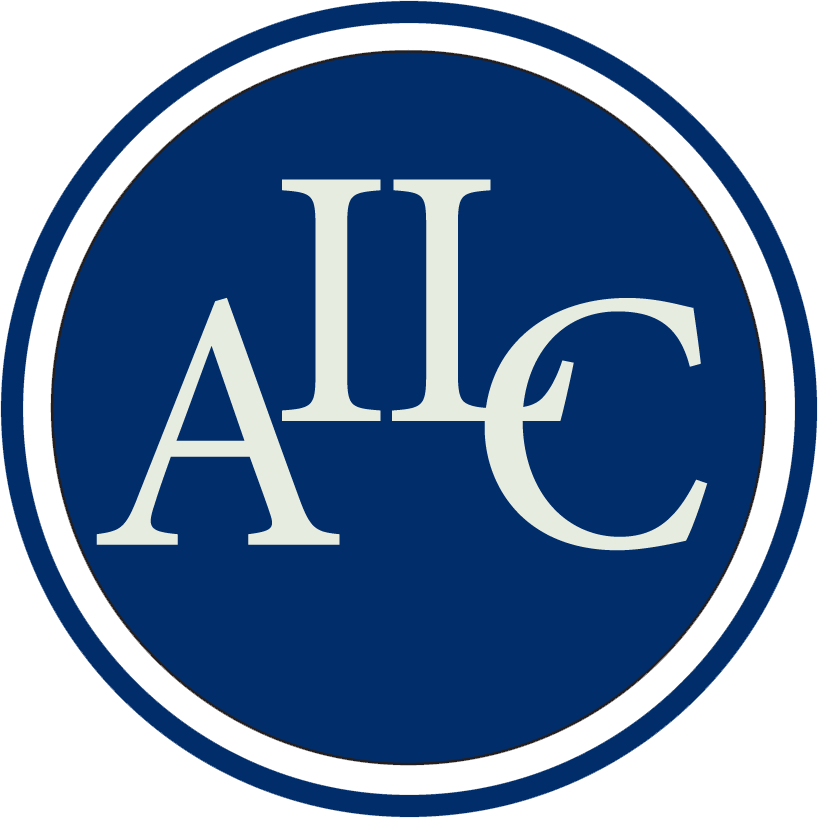
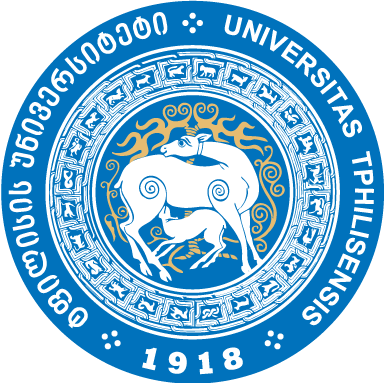
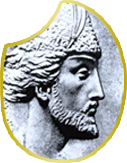
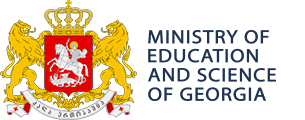
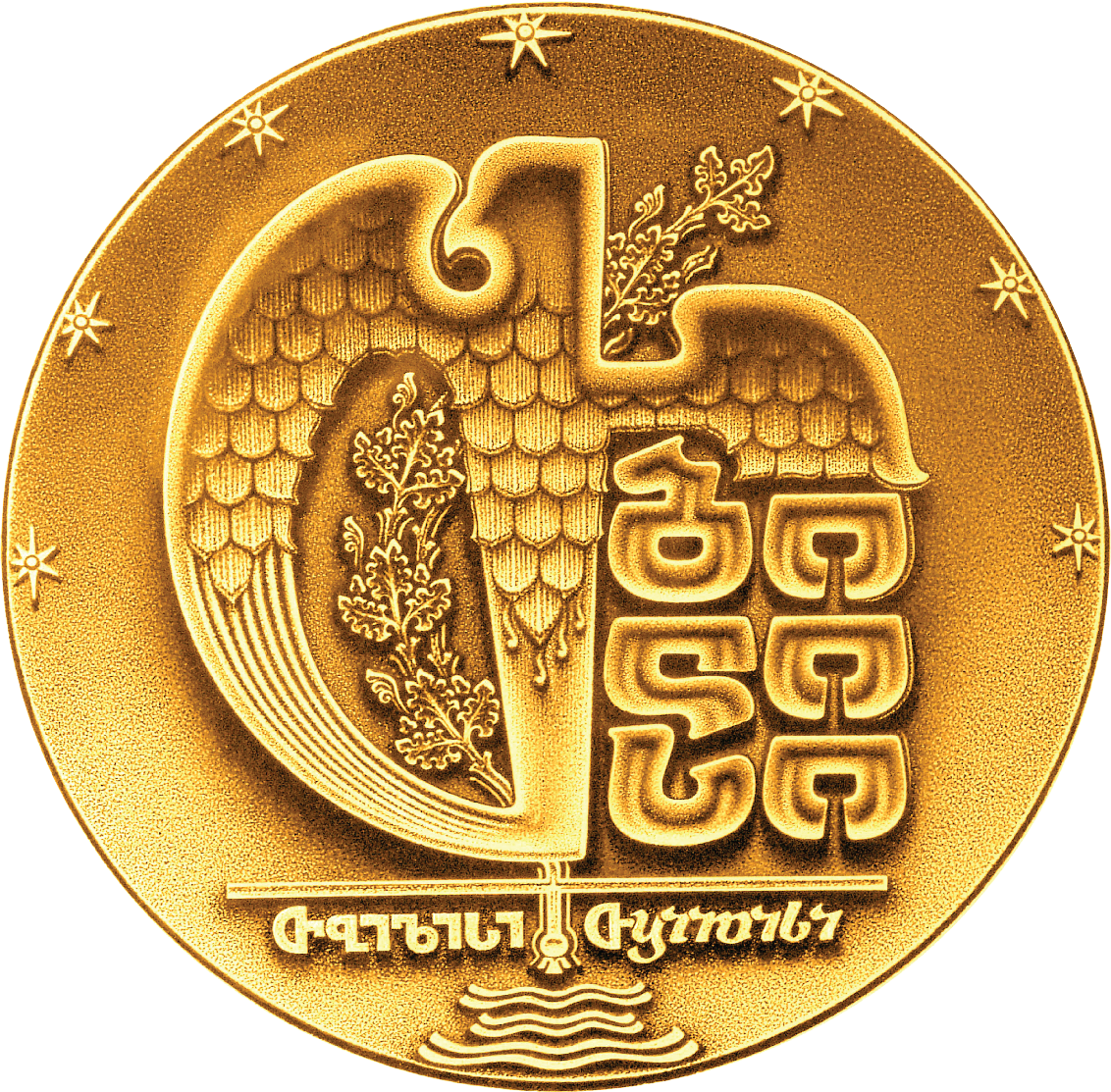

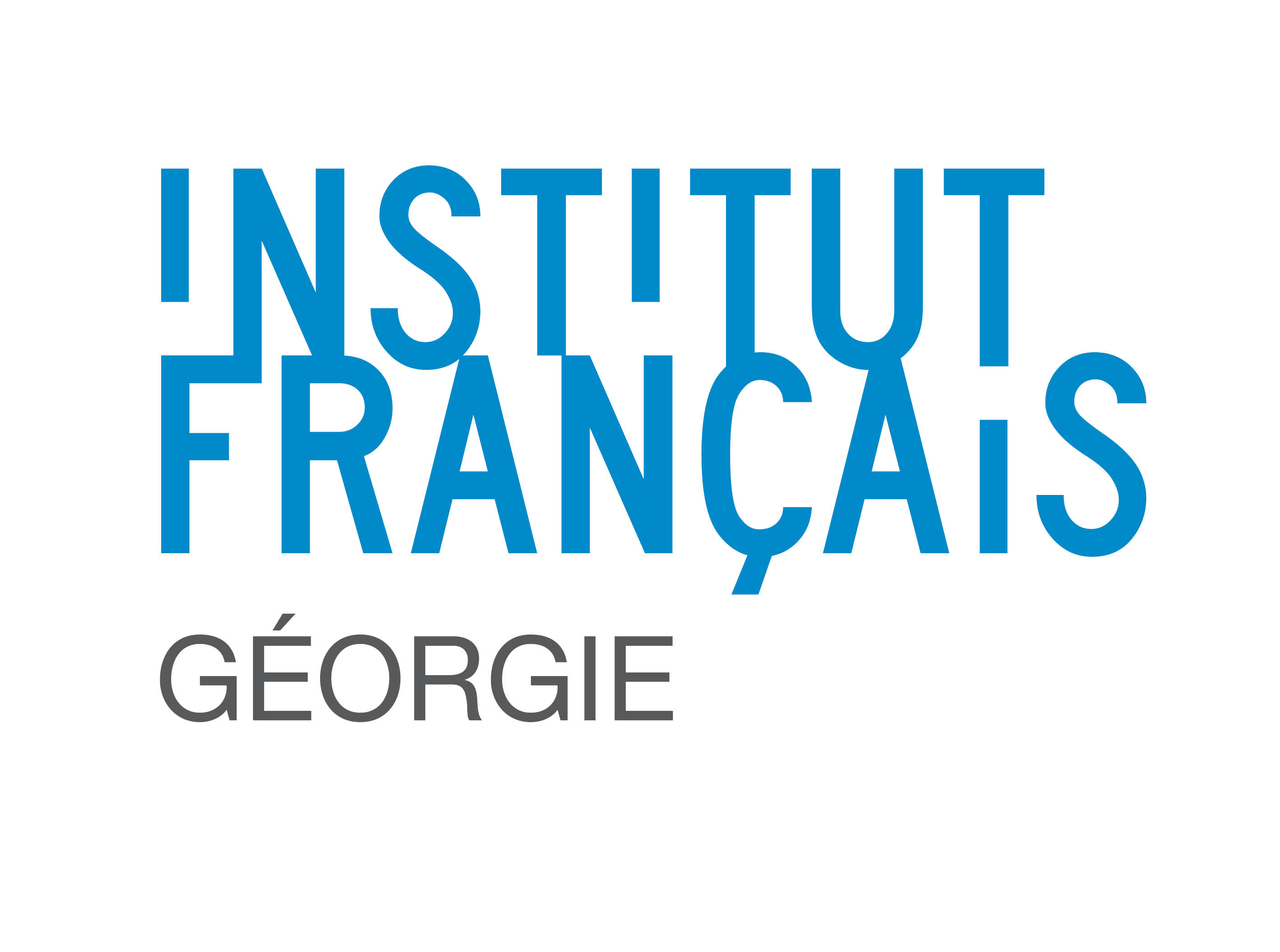


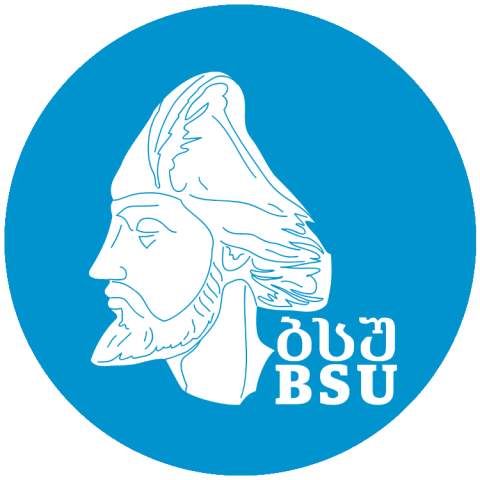

_001.png)

